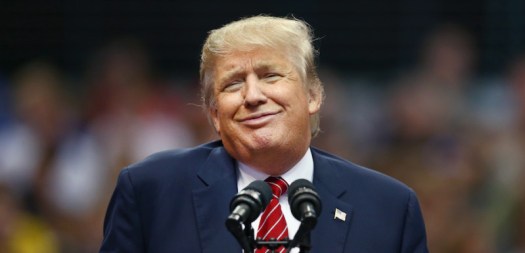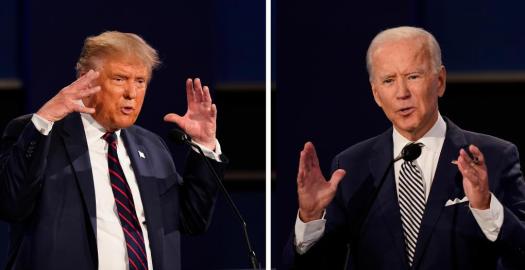“Toxic” and “arrogant” are two words that writers have continually cited in reviewing Donald Rumsfeld’s career in government. How fitting and revealing they are. The man was also wily and supremely confident in his views, as if confessing there were “unknown unknowns” could explain how deeply wrong he was.
Rumsfeld, who passed on Tuesday, was two years older than I, grew up in the same North Shore Chicago milieu, went to New Trier High School and was a wrestler, then on to Princeton and, later, flew for the Navy. In the ‘50s he got to Washington, worked for four presidents, and “did everything well.” Another ‘50s golden boy, another Robert McNamara.
When I was working for the Navy in 2003-2006, Rumsfeld was W’s Secretary of Defense and the war in Iraq was raging. Our PR shop naturally tuned into the many press conferences, which the Secretary often treated as his own personal extravaganzas. The ever-worsening war effort was blithely written off with phrases like “stuff happens.”
My boss liked to give a half-day seminar on media training so the Navy folks would know how to deal with the press. He had rather different ideas about this than I had, yet my opinion was not solicited although media training had been my business for some years. Finally, at the end of a long-winded seminar, he showed a video of CNN’s Greta Van Susteren interviewing Secretary Rumsfeld and tossing him puffball questions. Rumsfeld’s tortuous replies were offered as examples of finely crafted answers.
The insane war with Iraq and its consequences have been with us to this day. What happened at Guantanamo and Abu Ghraib has never been forgotten. What developed in Syria and made Iraq a shell country has made Iran powerful and created persistent enemies of the U.S. Biden’s recent withdrawal of all troops from Afghanistan has been a tacit confession of defeat, and the country will now belong to the Taliban.
Rumsfeld, with the connivance of Cheney and Bush, set all this in motion. The process was well documented in 2013-2014 by Mark Danner’s pieces in the New York Review of Books; now available here, here, and here. You, or some of you, will remember such odious names as Paul Bremer and Douglas Feith, Ahmed Chalabi, Paul Wolfowitz. These were Rumsfeld’s boys.
Finally, the hostility to Islam took on a new and powerful form, which Trump and his cohorts pursue to this day. Danner writes:
Rumsfeld is first and foremost a patriotic midwesterner, a politician who nourishes in his soul a primordial and undying belief in the manifest need for, and rightness of, American power. To him this truth is self-evident, imbibed at an Illinois breakfast table. Who do we want to lead in the world? Somebody else? The idea is plainly inconceivable. And it is because of that plain necessity for American leadership that after September 11 American power and credibility must at all costs be restored.
Sound familiar? As Rumsfeld later told the press, “I don’t do quagmires.” Well,
It did not turn out that way. Having watched from the Oval Office in 1975 the last torturous hours of the United States extracting itself from Vietnam—the helicopters fleeing the roof of the US embassy in Saigon—Rumsfeld would be condemned to thrash about in his self-made quagmire for almost four years, sinking ever deeper in the muck as nearly five thousand Americans and hundreds of thousands of Iraqis died. He was smart, brash, ambitious, experienced, skeptical of received wisdom, jealous of civilian control, self-searching, analytical, domineering, and he aimed at nothing less than to transform the American military. The parallels with McNamara are stunning.
And, just as surely, he defined the world that Trump inherited.
N.B. How Rumsfeld charmed the press, and how his doctrine of warfighting has continued to cost us.






 The latest instance of that is CNN’s recent two-hour special, “Covid War: The Pandemic Doctors Speak Out,” which came on last Sunday and will be repeated this coming Friday (8:00 ET). Here is a
The latest instance of that is CNN’s recent two-hour special, “Covid War: The Pandemic Doctors Speak Out,” which came on last Sunday and will be repeated this coming Friday (8:00 ET). Here is a 





